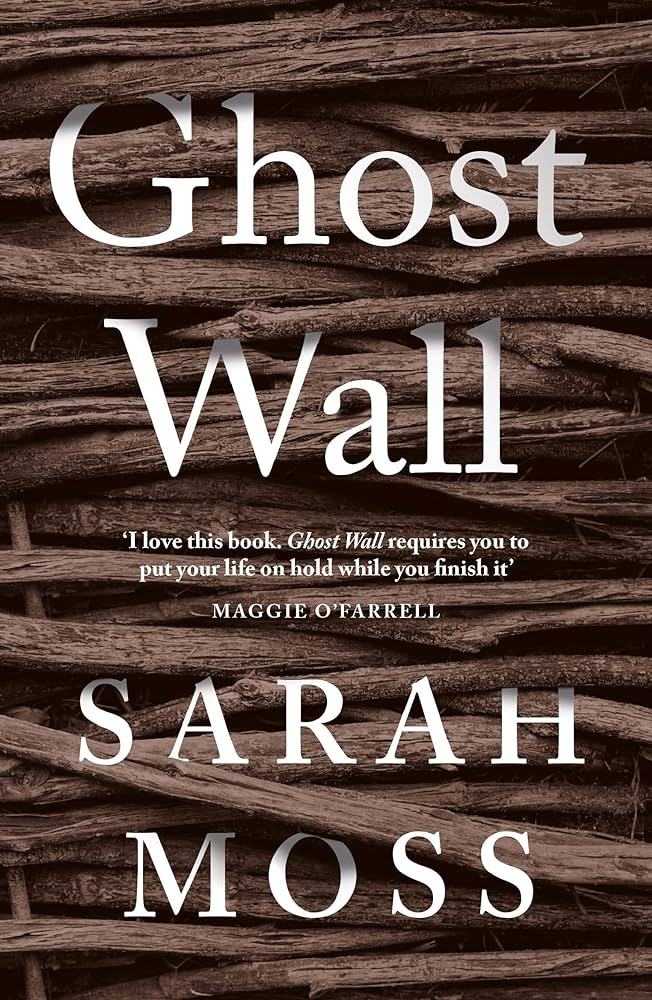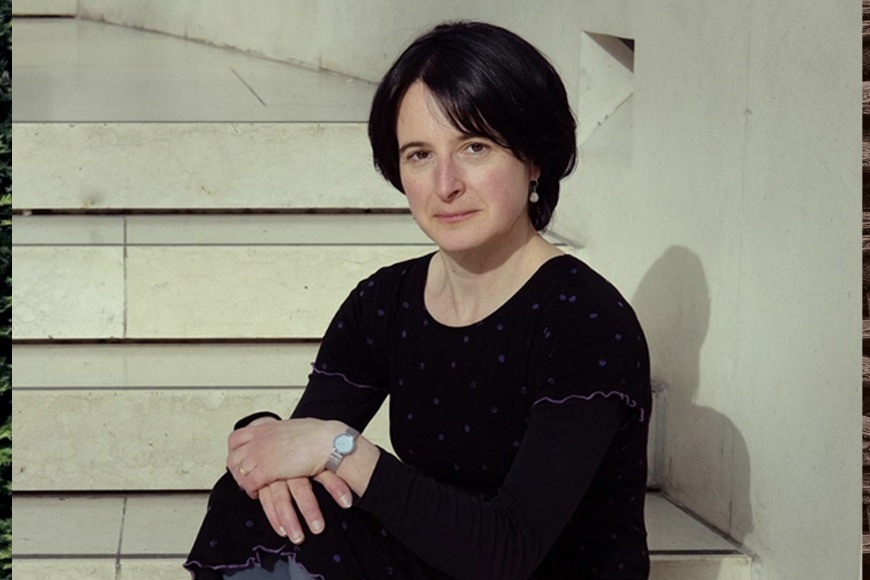From the Women’s Prize Archives.
Sarah Moss has been longlisted for the 2019 Women’s Prize for Fiction with Ghost Wall. We caught up with Sarah to discuss Iron Age re-enactment camps, barbarity and civilisation and Brexit’s impact on writers.
What was the initial inspiration for Ghost Wall?
I had a writing residency for the Hexham Book Festival, and became fascinated by Hadrian’s Wall and prehistoric arts and crafts. We think of Hadrian’s Wall as the boundary between England and Scotland but neither of those entities existed then; it was the boundary between the Roman empire and the barbarians. There was and is plenty of reason to be thinking about the borders between civilisation and barbarity, nature and culture, insiders and outsiders.
What kind of research did you have to do to enable you to write about an Iron Age re-enactment camp so convincingly?
Thank you! I read everything I could find about Iron Age Britain and then made up the camp.

Ghost Wall comes in at just under 150 pages – did you always know this would be a short novel, rather than a longer or even shorter work?
I saw as I was writing that it was coming in shorter than my other novels, but books have their own shapes and sizes. My early drafts are usually shorter and more intense than later versions but this one just seemed to come the length it wanted to be.
Some have read the book as a kind of ‘Brexit fable’ – did you intend it to have this resonance from the outset?
I’m not sure about intention, exactly, but I think it would be hard for a writer to live in the UK and not write about Brexit in some way. It’s haunted the terrors and dreams and plans and conversations of everyone I know for nearly three years.
There is an incredible tension in the latter half of the book, a feeling of there being ‘no holds barred’ for the actions of the men in the book (especially Bill), met with an impressive resilience from Silvie and Molly – why did you want to create this suspenseful back-and-forth?
I’m interested in boundaries of all kinds, including the ones we set ourselves and rely on other people to set themselves. One of the horrors of the last few years has been watching the fracture of consensus about what should not be expressed, and I wanted to explore how we give ourselves and each other incremental permission to do harm.
What are you working on next?
A mad little rainy thing that may or may not see the light of day!








